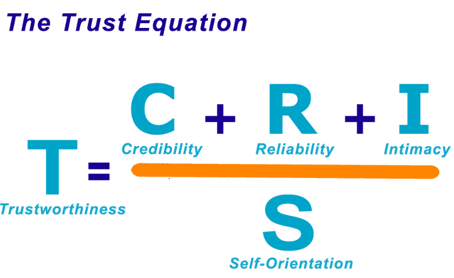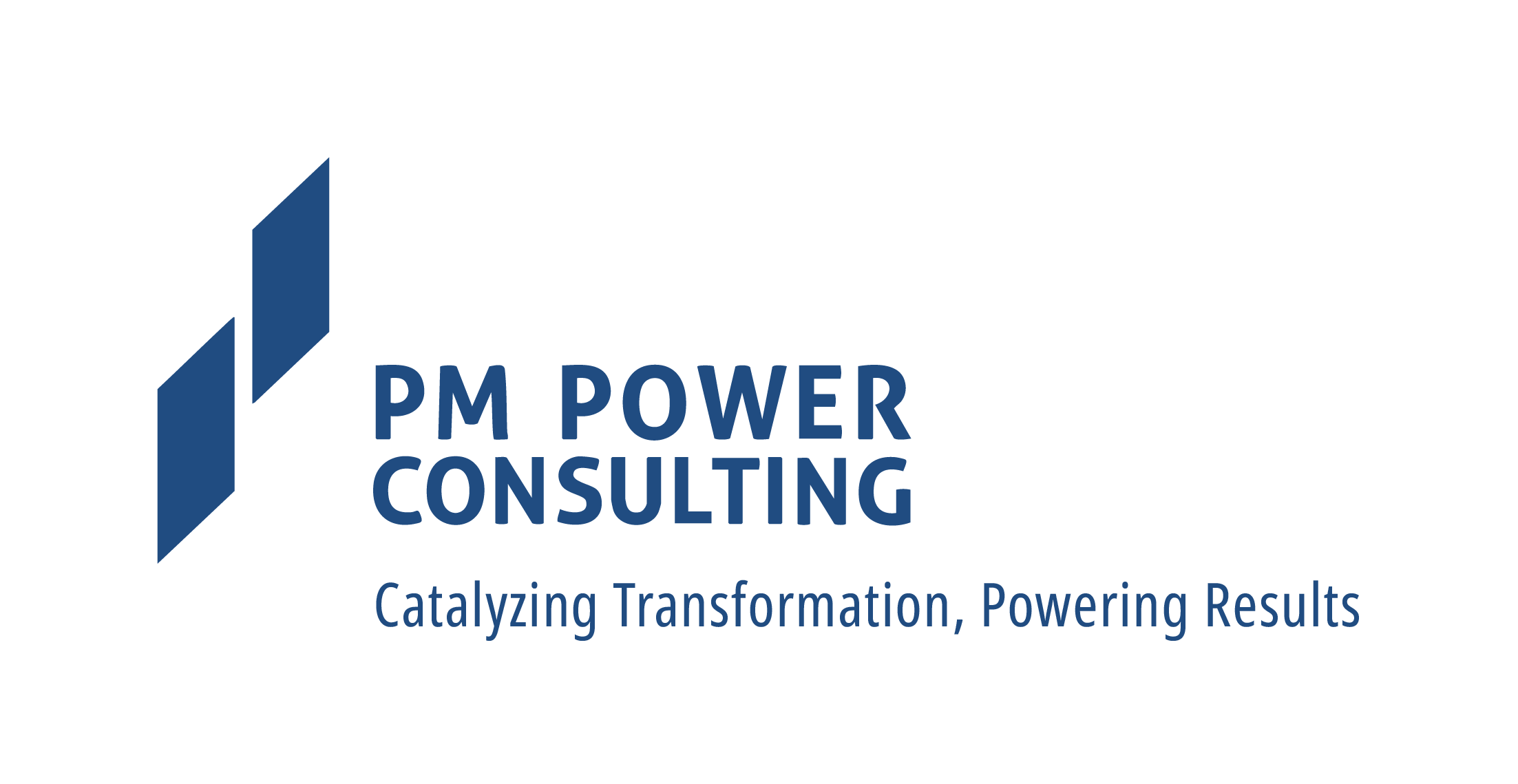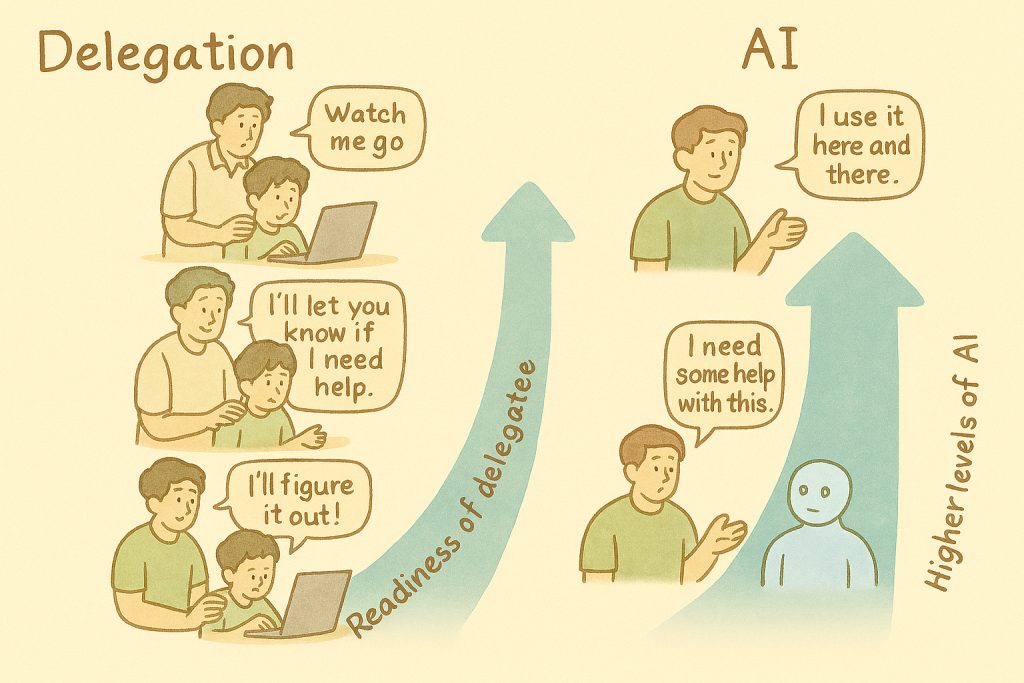Author: McGee – Agile Coach
(These statements are strictly personal and are not those of any Company or Organization)
My wife, Helen, is very pretty. When people meet her they are often surprised and have no problem letting me know that I am “punching above my weight” and have done well for myself! Sometimes you might see me shaking my own hand, or patting myself on my own back or even doing the floss – now you know why! Anyway, what amazes me most about my good looking wife is how mentally different we are – I guess opposite’s do attract!
There is no better example of our differences than how we look at Trust.

McGee : Doing the Floss
Helen is quite a guarded person, she doesn’t tend to share much about herself with lots of people. For her, like many people, trust is something that needs to be earned. It is a gradual time consuming process. It is build up over months and years. It might explain why we were engaged for 10 years before getting married! However, once you have her trust, there is no nicer place to be.
For me, I start from a position of trust. I tend to see the good in people and trust that they will always do their best and won’t let me down. In my personal life, this doesn’t always work out, and my wife often thinks I am foolish and people will take advantage of me.
In a work context we need to be careful with what we mean when it comes to trust. As a leader, I trust our process and work according to the rules we have, I trust the decisions made by my leaders and execute accordingly.
When I am talking about trust it is more in the context of the people you work with and new people you collaborate with to get a job done.
If a person comes in on a Monday and says “trust me, it’s Tuesday” then you have bigger problems! Assuming we have the right people on our teams doing the work, we trust them to do a good job.
I mentioned before that I was mathematically minded. A few years ago I found the trust equation. This really interested me, how could you describe something so emotional using an equation? The equation is as follows:

Let’s look at the components. The things that add to trust are on the numerator, the thing that takes away from trust is on the denominator.
Few of us think about trust in all these dimensions, we tend to focus on credibility and reliability.
Credibility is about the person’s title, their position, the college they went to, the certifications they have and their reputations. How many of us over rely on this dimension of trust when determining if a person is trustworthy or not? How many of us over rely on a person’s title?
Reliability has got to do with how often a person has successfully done what they said they would do. This is a large part of how Helen would view trust. This is the part of trust that needs to be earned, and can be time consuming. It takes time to build a reputation as someone who can deliver. In the digital age, we do not always have a lot of time to spend building this trust.
Intimacy is interesting; this has got to do with your emotional connection with the person, how safe you feel sharing with the other person. Another good reason to increase the size of your open area in the “Johari Window”.
My favourite part of the equation is the denominator – self orientation. This is about how much a person is doing an activity for themselves, to make them look good, versus doing it for you! Nothing takes away from trust like self-orientation. Think about the last time someone else took credit for work you or your team had done – how did that make you feel and what is your relationship with that person like now? Use more of “we” not “me” when talking about the work!
How can we freely share our ideas, thoughts and insights with other groups across the firm if we do not trust them? How many of us hold back in case the other person steals our idea and presents it as their own? Is this because of our own unconscious trust bias or did that person break your trust in the past. Most of the time, the problem is with us. I have a friend who is a brilliant engineer. He left one job and was months looking for another job. He asked me if he could practice some interview questions with me. I asked him a few questions and very quickly we found his problem. He refused to share too much of his knowledge with the people interviewing him as he thought they would take his ideas and implement them with our hiring him! He didn’t trust them enough to share so he undersold himself. He got a job very quickly soon afterwards.
How can we really do what is right for our organisation, how can we think across the firm without starting from a position of trust?
So, my homework for this week is to take out that mirror that my dad gave me, and I will have a good long look in it. I’m going to evaluate how trustworthy I am as a person, and how I view others from a trust point of view. I’m going to use the trust equation. I wonder how long to I tend to hold grudges? I’m going to revisit my growth mindset and start to trust again.

McGee: Self reflection
The mirror will be on my desk – along with the rubix cubes if people want to use it!
Finally, we all know that trust can take a long time to develop but can be broken in seconds. Once trust is broken it is difficult to build it up again, so please, appreciate it, treat it with care and be mindful!





